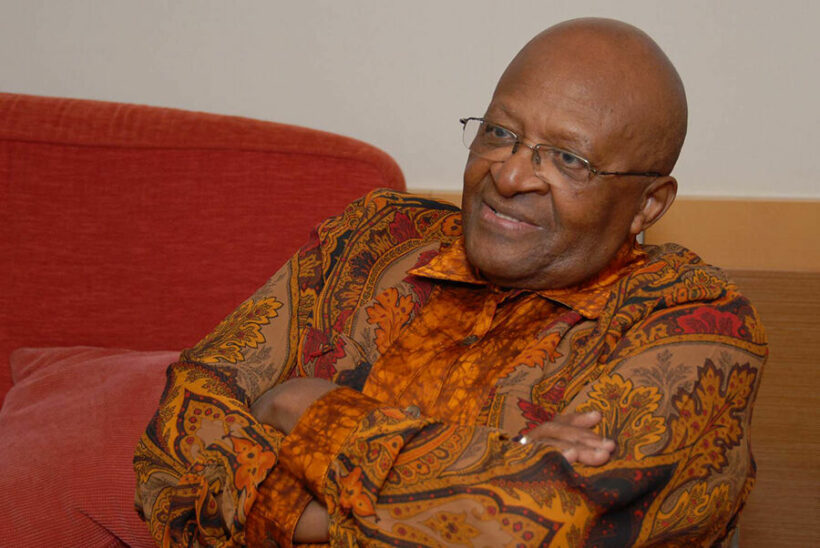South Africa’s Archbishop Desmond Tutu, anti-apartheid champion, dies aged 90

Archbishop Desmond Tutu, the anti-apartheid icon who championed human rights in his native South Africa has died at the age of 90. Announcing his death, President Cyril Ramaphosa described Tutu as a patriot without equal, according to an AFP report.
“Desmond Tutu was a patriot without equal; a leader of principle and pragmatism who gave meaning to the biblical insight that faith without works is dead. A man of extraordinary intellect, integrity, and invincibility against the forces of apartheid, he was also tender and vulnerable in his compassion for those who had suffered oppression, injustice, and violence under apartheid, and oppressed and downtrodden people around the world.”
Tutu was born on October 7, 1931, in the town of Klerksdorp, west of Johannesburg. He initially trained as a teacher until anger at the inferior education system created for black children led to him enrolling in the priesthood. He has recounted in the past that during his time living in the UK, he would ask for directions unnecessarily just to hear a white policeman call him, “Sir”.
In 1984, he was awarded the Nobel Peace Prize for his role in fighting white minority rule in South Africa and is credited with coining the term, “Rainbow Nation” as a description for the country when Nelson Mandela became its first black president. However, he has also been a vocal critic of South Africa’s shortcomings and was not afraid to criticise the African National Congress, accusing it of nepotism.
He has also slammed the Anglican Church, accusing it of homophobia, and took Mandela to task for allegedly paying generous salaries to politicians in his administration. More recently, he was a fierce critic of the corruption that grew under ex-leader Jacob Zuma.
Tutu also led the Truth and Reconciliation Commission as it investigated the horrors of South Africa’s apartheid past. Ramaphosa recalls how at one commission hearing, Tutu famously broke down in tears.
“As Chairperson of the Truth and Reconciliation Commission he articulated the universal outrage at the ravages of apartheid and touchingly and profoundly demonstrated the depth of meaning of ubuntu, reconciliation, and forgiveness.”
SOURCE: AFP
Latest Thailand News
Follow The Thaiger on Google News:


























